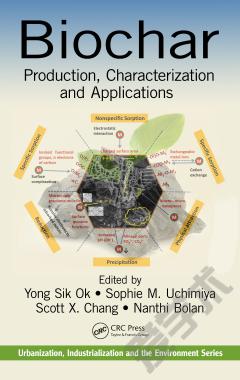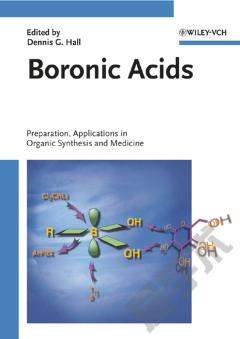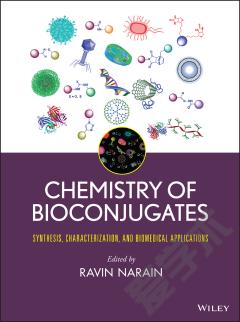Hyaluronic Acid —— Production, Properties, Application in Biology and Medicine
----- 玻尿酸:生物学与医学的制备、性能与应用
Hyaluronic acid is an essential part of connective, epithelial and neural tissues, and contributes to cell proliferation and migration. It is used as a stimulating agent for collagen synthesis and is a common ingredient in skin-care products, a multi-billion dollar industry, as it is believed to be a key factor in fighting the aging process. Hyaluronic Acid: Production, Properties, Application in Biology and Medicine consists of six chapters discussing the various issues of hyaluronic acid research. In Chapter 1, a historical analysis recounts the discovery and milestones of the research leading to the practical applications of hyaluronan. Chapter 2 is dedicated to biological role of the hyaluronic acid in nature, in particular in the human body. The chapter starts from the phylogenesis of hyaluronic acid, then describes hyaluronan functions in human ontogenesis and especially the role which hyaluronan plays in extracellular matrix of the different tissues. Chapter 3 describes the methods to manufacture and purify hyaluronic acid, including the analytical means for assessing quality of the finished product. Chapter 4 discusses the structure and rheological properties of hyaluronic acid considering effects on conformation and biological properties related to molecular weight. In Chapter 5, the physical and chemical methods for modifying the structure of hyaluronan are discussed including cross-linking using bi-functional reagents, solid-phase modification and effects of the combined action of high pressures and shift deformation. The final chapter focuses on the products derived from hyaluronic acid, including therapeutics composed of modified hyaluronan conjugated to vitamins, amino acids and oligo-peptides. The biological roles and medical applications of this polysaccharide have been extensively studied and this book provides a wealth of scientific data demonstrating the critical role of hyaluronic acid and its promise as a multifaceted bio-macromolecule. Approaching hyaluronic acid from multiple angles, this book links relationships between its biological functions, structure and physical–chemical properties. It will be an invaluable resource to researchers, both industrial and academic, involved in all aspects of hyaluronan-based technologies.
{{comment.content}}








 京公网安备 11010802027623号
京公网安备 11010802027623号